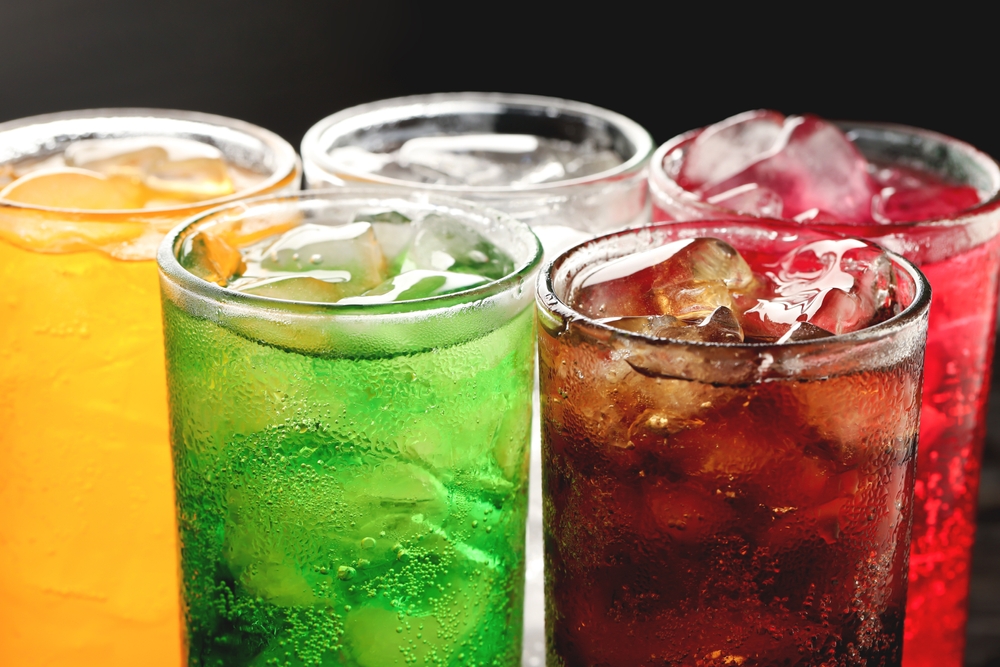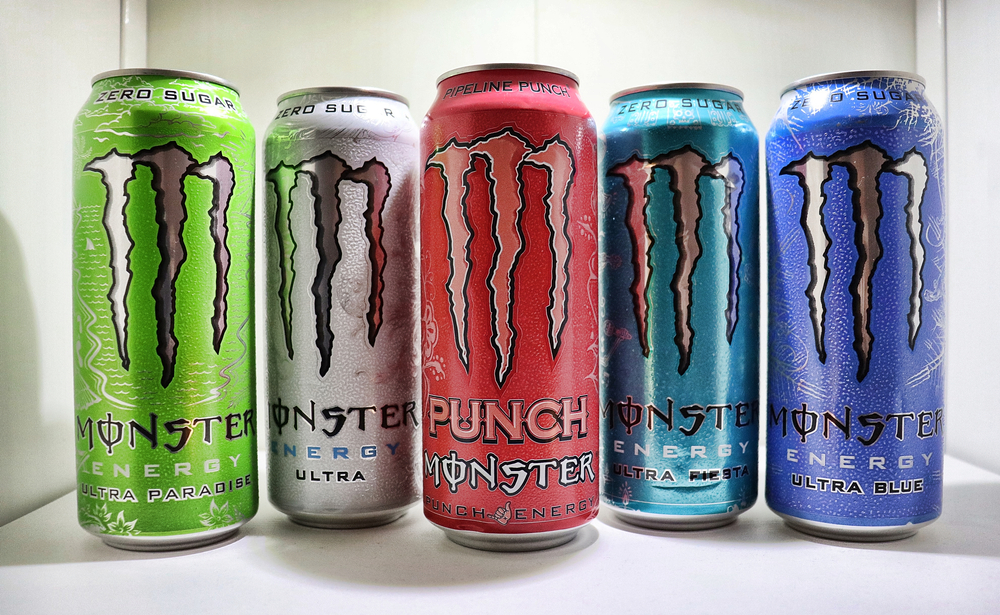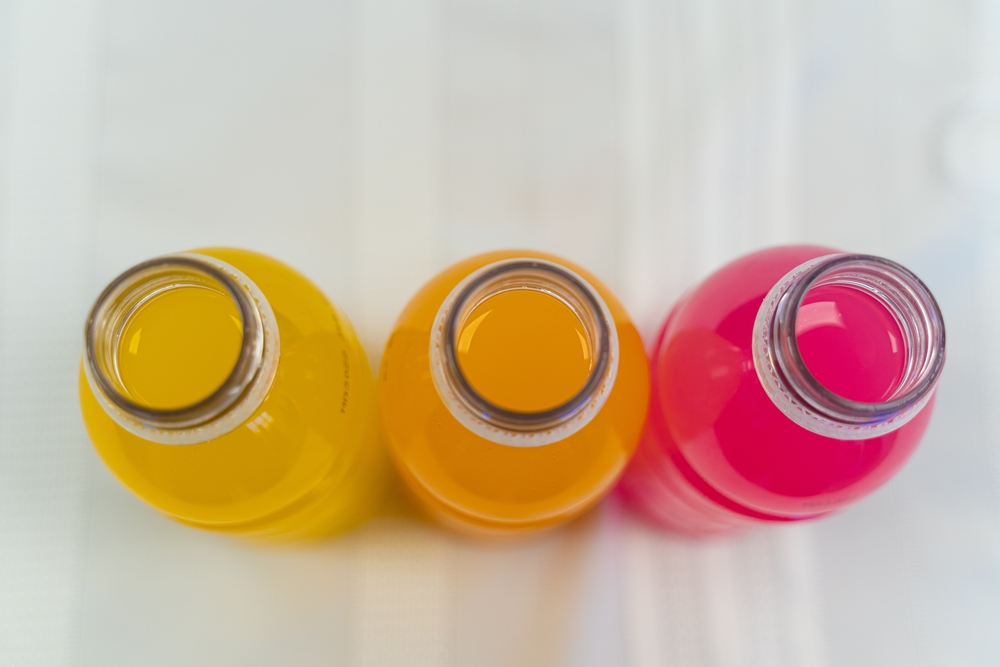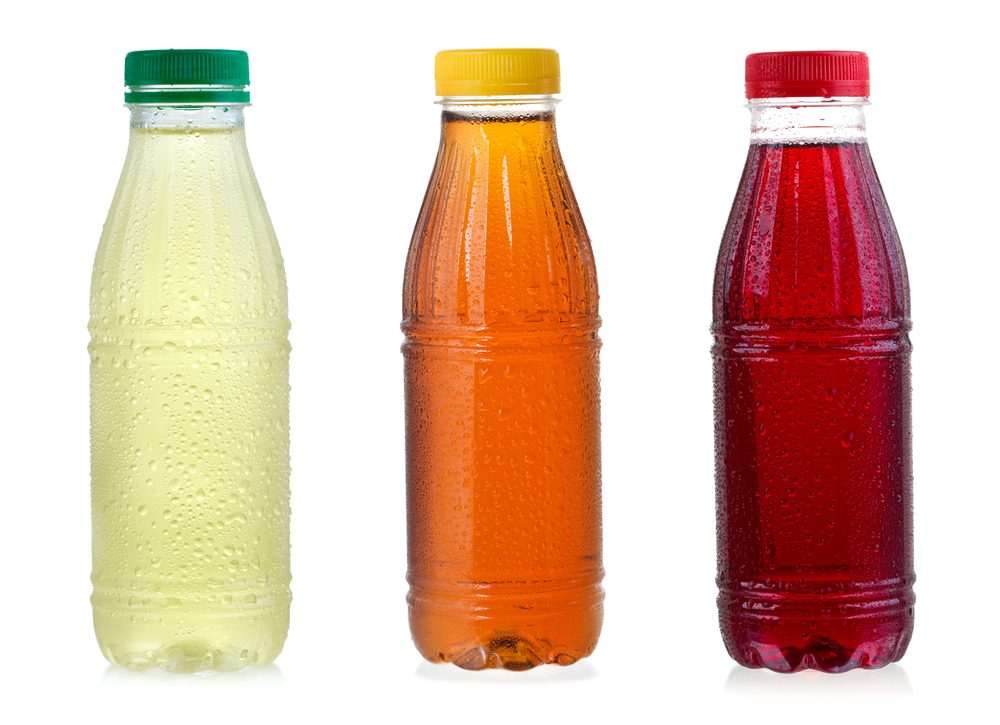Alzheimer’s is a progressive disease that slowly affects memory, reasoning, and daily functioning. While genetics and age play a role, lifestyle choices are just as important. What you drink regularly can have long-term effects on your brain. Many common beverages can increase inflammation, affect blood sugar, or damage neural connections, all of which are linked to cognitive decline. While people often focus on what foods to eat for brain health, fewer pay attention to how drinks contribute to the risk of developing Alzheimer’s. Below are everyday beverages that could quietly raise that risk if consumed too often.
Sugary Soft Drinks Can Harm Brain Health Over Time

Soft drinks filled with sugar may seem harmless in moderation, but regular intake can raise the risk of memory loss and poor cognitive function. These beverages spike blood sugar levels, which can damage the brain’s ability to use glucose effectively. Over time, this disrupts mental clarity and may lead to insulin resistance, which is believed to play a role in cognitive decline. Diets high in sugary drinks are often linked to poor sleep, chronic inflammation, and slower thinking. Reducing your intake of these drinks can help protect your brain and support better focus throughout the day.
Alcohol, Especially in Excess, Can Contribute to Memory Loss

Alcohol is often seen as a way to unwind, but drinking too much can cause lasting harm to the brain. High alcohol intake damages brain cells and affects neurotransmitters responsible for learning and memory. Even moderate drinking over long periods may reduce brain volume and impair judgment and decision-making. In some people, consistent drinking speeds up cognitive decline and may lead to earlier memory problems. While an occasional drink is unlikely to cause harm, making it a daily habit can raise your risk of developing long-term brain issues.
Energy Drinks May Lead to Overstimulation and Brain Fatigue

Energy drinks are popular for boosting focus and stamina, but their high caffeine and sugar content may backfire. Overstimulation from these beverages can interfere with sleep and increase stress levels, both of which negatively impact brain function. Long-term use may lead to fatigue, irritability, and difficulty concentrating. These drinks can also raise blood pressure and heart rate, reducing the body’s ability to support healthy brain circulation. Replacing energy drinks with natural alternatives like water, herbal tea, or fruit-infused water can help reduce potential risks.
Artificially Sweetened Beverages Are Not a Safe Alternative

Many people turn to diet sodas or sugar-free drinks thinking they are a healthier choice. However, drinks containing artificial sweeteners can confuse the body’s natural response to sweetness. This may lead to increased cravings, poor glucose control, and even changes in brain chemistry. Some evidence suggests these drinks may contribute to forgetfulness and foggy thinking over time. Artificial sweeteners have also been linked to disruptions in gut health, which in turn can influence brain health. Choosing beverages that are naturally unsweetened or sweetened with real fruit is a better option for long-term brain function.
Fruit Juices With Added Sugar Can Be Deceptively Unhealthy

Although fruit juice may seem like a healthy option, many store-bought versions contain added sugars or are made from concentrates with very little real fruit. Drinking large amounts of sugary juice raises blood glucose levels quickly and can cause energy crashes, mood swings, and long-term metabolic changes that are harmful to the brain. Whole fruits contain fiber that slows sugar absorption, but juice removes that benefit. Over time, a diet heavy in sugary juices can increase inflammation and raise the risk of Alzheimer’s. Drinking fresh juice in small amounts or switching to water flavored with citrus slices can help lower this risk.
Flavored Coffee Drinks Often Hide Excessive Sugar

Plain coffee on its own is not harmful and may even support alertness. However, popular flavored coffee beverages often contain large amounts of added sugar, whipped toppings, and flavored syrups. These sweetened drinks can cause daily sugar intake to skyrocket, leading to increased inflammation, poor concentration, and even long-term damage to brain function. Drinking one of these drinks daily can slowly increase the risk of cognitive issues without you realizing it. Choosing black coffee or using low-sugar plant-based milk options can help you enjoy coffee without the brain-health consequences.
Read More: Alzheimer’s: ‘Breakthrough’ study finds likely cause
Milkshakes and Ice Cream-Based Drinks Contribute to Inflammation

Thick milkshakes and other dessert-like drinks are full of saturated fat and sugar. Both of these ingredients are linked to poor cardiovascular health, which directly impacts brain health. These types of beverages can also cause inflammation throughout the body, including the brain, which may contribute to memory loss and slower thinking. Enjoying these drinks as rare treats rather than daily habits can reduce your risk of developing long-term cognitive problems. Look for smoothies made with healthy fats, nuts, or fresh produce as a more supportive option for your brain.
Sweetened Bottled Teas Can Mislead You With Health Claims

Many bottled teas are advertised as natural or infused with antioxidants, but the sugar content often rivals that of soft drinks. Sweetened tea, especially iced tea or fruit-flavored varieties, can quietly add large amounts of sugar to your diet. Consuming them regularly contributes to glucose spikes and inflammation, both of which affect brain health. Even teas that sound healthy may include added syrups or sweeteners that cancel out their benefits. Brewing your own tea at home and drinking it without added sugar is a much safer choice for mental clarity and long-term health.
Low Hydration Levels Can Worsen Cognitive Function

In addition to avoiding the wrong drinks, it is important to stay properly hydrated with the right ones. Even mild dehydration can affect memory, focus, and alertness. The brain relies on water to maintain cell health, flush out toxins, and regulate mood. People who do not drink enough water may experience more frequent headaches, fatigue, and brain fog. While water is the best option, low-sugar drinks like herbal teas or cucumber-infused water also support hydration without added risks. Making hydration a daily habit helps your brain perform at its best.
Consistency Matters More Than Occasional Choices

Drinking one sugary soda or flavored latte is not likely to cause Alzheimer’s. It is the repeated, daily consumption of these drinks that adds up over time. The brain is sensitive to chronic inflammation, fluctuating blood sugar, and poor nutrition. By reducing your intake of harmful beverages and replacing them with healthier options, you build daily habits that support long-term cognitive health. Pay attention to what you drink regularly and how it makes you feel afterward. Even small changes in your drinking habits can make a meaningful difference in your brain’s future.
Read More: Why Understanding Dementia Is More Than Just Alzheimer’s: 4 Crucial Points
Final Thoughts

While Alzheimer’s may seem like a distant concern, the choices you make now can influence how your brain functions later in life. Drinks that are high in sugar, artificial ingredients, or alcohol can silently chip away at your memory, focus, and cognitive strength. Reducing your intake of these beverages and choosing hydrating, low-sugar alternatives is a simple yet powerful step toward protecting your brain. Awareness is key. You do not have to give up your favorite drinks entirely, but being mindful of how often you consume them can help reduce your overall risk. The path to better brain health begins with what you sip each day.
Disclaimer: This article was created with AI assistance and edited by a human for accuracy and clarity.
Disclaimer: This information is not intended to be a substitute for professional medical advice, diagnosis or treatment and is for information only. Always seek the advice of your physician or another qualified health provider with any questions about your medical condition and/or current medication. Do not disregard professional medical advice or delay seeking advice or treatment because of something you have read here.

